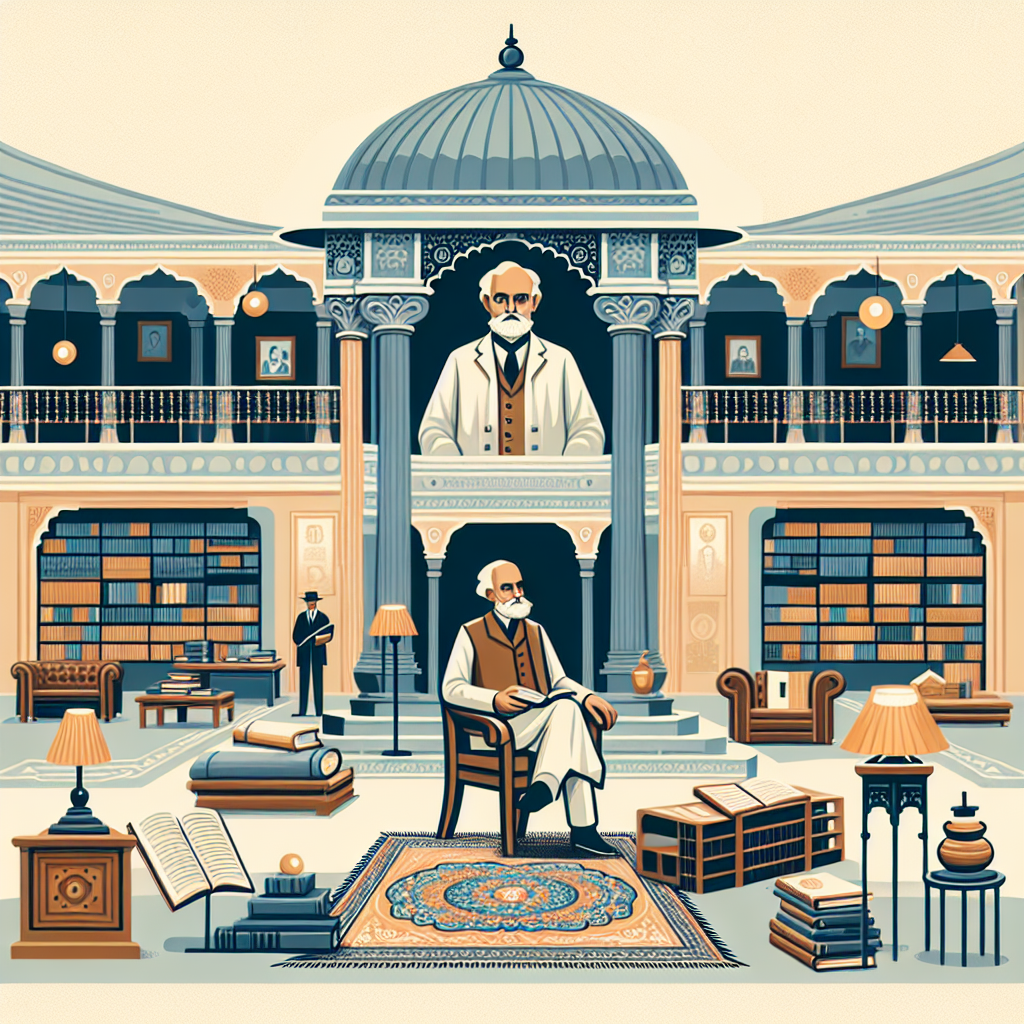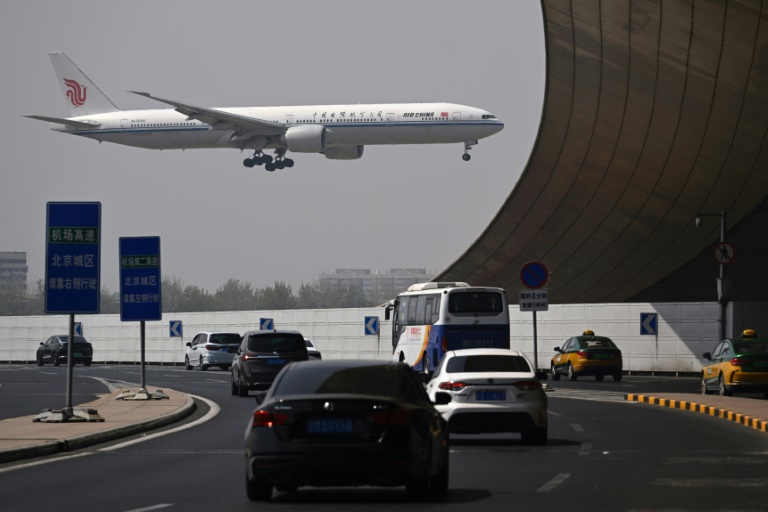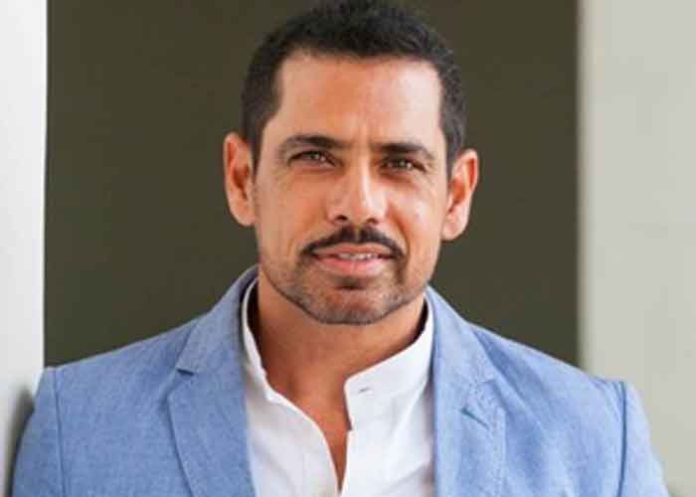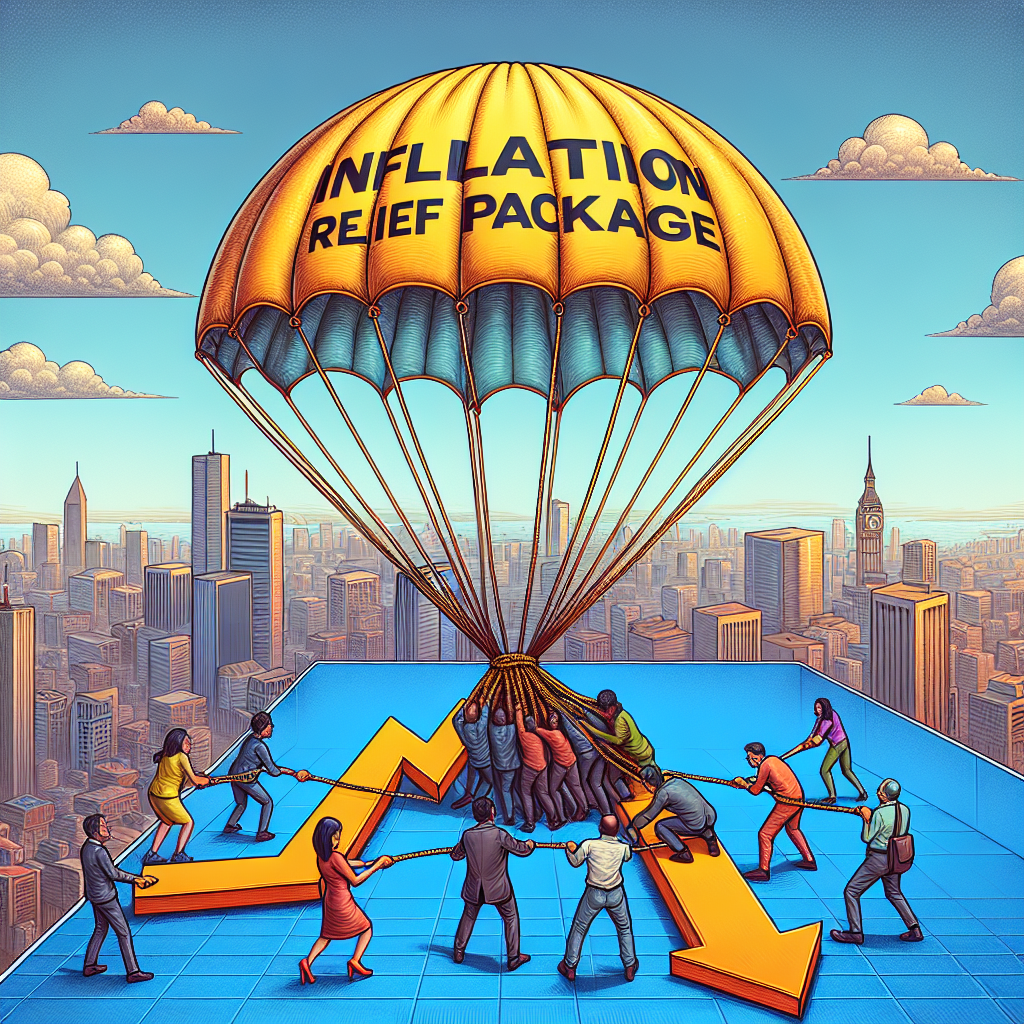DELPHI, Greece, April 13 (Reuters Breakingviews) - The rest of the West can no longer rely on the United States. The European Union, Japan, Britain, Canada and others need to reduce their dependency on Washington while not becoming reliant on China. That means weaning themselves off the dollar, boosting cooperation in trade and defence, and reaching out to emerging economies such as India.
As U.S. President Donald Trump swings his wrecking ball through the global trading system and bullies formerly staunch American allies, other developed countries will have to form a new club without the U.

S. They can be stronger if they work together. Mark Carney, Canada’s prime minister, has suggested as much.
Trump will dislike any initiative that smacks of other countries joining forces against the United States. He has already warned , opens new tab Canada and the European Union not to coordinate their response to his chaotic tariff policy. The president’s massive U-turn on trade last week has weakened his position on the global stage.
But he remains a formidable force. So the rest of the West would be wise to avoid antagonising him unnecessarily. Trump is not just tearing up the world trading system.
His administration is undermining faith in the dollar, which accounts for 58% , opens new tab of official reserves. Stephen Miran, chair of the U.S.
Council of Economic Advisers, has complained , opens new tab that the greenback’s status as the world’s preferred reserve currency means it is chronically overvalued. He has floated a number of ideas to remedy this including forcing allies to swap short-term Treasury bonds for 100-year , opens new tab government debt in return for benefitting from the U.S.
security umbrella. This is an opportunity as well as a threat for the rest of the West. The European Union has a chance to promote the euro, which accounts for 20% of official reserves, thereby gaining some of the privileges that now accrue to the dollar.
This would lower its borrowing costs while reducing Washington’s ability to use financial blackmail. The EU could boost the euro’s status by issuing more of its own bonds. That would increase liquidity which could paradoxically lead to reduced yields.
The bloc would first have to overcome the allergy of some member states such as Germany to joint borrowing. But if it used the money to beef up its armed forces it would score a double benefit. As long as the EU cannot defend itself it will be vulnerable to bullying by both the U.
S. and Russia. The best approach would be to club together with other western countries to build an efficient, cross-border defence industry.
In that scenario, military investment now could also help to head off a recession. Trump again would not like that. Although the U.
S. is pushing allies to spend more on security, it wants them to buy American kit. But that does not make sense as they can no longer rely on Washington.
The EU, the world’s second largest economy after the U.S., needs to be at the centre of the rest of the West club.
A bold new relationship with Britain could be the first step. After that, the priority would be to link up with other large “western” economies: Australia, Canada, Japan and South Korea. These share similar interests and values.
Collectively, the EU and these other big western countries accounted for 30% of world output last year - more than the United States, which produced 27%, and China which accounted for 17%, according to International Monetary Fund data. This expanded club could then build links with large emerging economies, especially Brazil, India, Mexico, Turkey and the ASEAN-5 group of southeast Asian countries. These countries accounted for another 11% of world output last year.
They will all be looking for new trade partners if the United States ends up imposing swingeing tariffs on them. The more these countries in the West and the “Global South” reduce trade and investment barriers among themselves, the more they would cushion the blow of Trump’s policies. They would benefit from economies of scale, while specialising in industries where they have comparative advantage.
Capital would flow to places with the best returns and new supply chains would spring up. It will not be easy to cut trade barriers because of the need to confront vested interests. But there is nothing like a crisis to force politicians to tackle thorny topics.
The EU, which is close to concluding trade deals with Mexico , opens new tab and the South American Mercosur bloc, is now aiming to do the same with India and the United Arab Emirates . The more ambitious the rest of the West is in boosting cooperation among itself and with emerging economies, the lower the risk that it will have to depend on China. Australia has already turned down an offer from the People's Republic to join forces against the United States.
Japan, South Korea, India and many ASEAN countries also feel threatened by Beijing. Europe is exposed indirectly because the People’s Republic is the main backer of Russia, which has invaded Ukraine. Beijing will also be looking for new markets for its products now that the U.
S. has put 145% tariffs on Chinese imports. Other countries can defend their industries by imposing anti-dumping tariffs.
But it would be wise to be selective. For example, it could make sense to buy large quantities of Chinese rare earth minerals now that Beijing has severely curtailed their export to the United States. Europe and Japan could also scoop up Chinese solar panels to fast-track the roll-out of renewable energy and reduce their dependency on American gas.
Developed countries may be able to cooperate with China on issues such as climate change, which Trump has said is a hoax . But they will still need to keep their distance on many topics. Cutting dependency on both Washington and Beijing at the same time will take time and be costly.
But the rest of the West could regret it if they do not. Follow @Hugodixon , opens new tab on X For more insights like these, click here , opens new tab to try Breakingviews for free. Editing by Peter Thal Larsen and Streisand Neto Thomson Reuters Hugo Dixon is Commentator-at-Large for Reuters.
He was the founding chair and editor-in-chief of Breakingviews. Before he set up Breakingviews, he was editor of the Financial Times’ Lex Column. After Thomson Reuters acquired Breakingviews, Hugo founded InFacts, a journalistic enterprise making the fact-based case against Brexit.
He then helped persuade the G7 to adopt a plan to help the Global South accelerate its transition to net zero. He is an avid philosopher..












